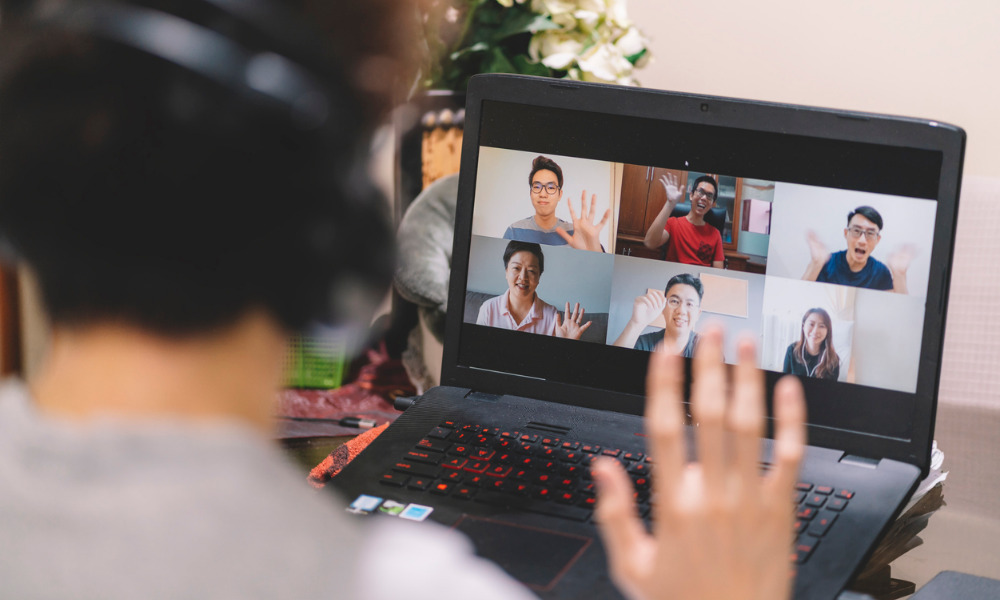
'We are now empowered to deliver virtually in a much more compelling way than we could before'

L&D professionals have a challenge on how employees across the board want to develop. But how do they tackle this against a backdrop of COVID-19, well-being and other elements?
During a panel discussion as part of HRD’s Learning and Development Summit Asia, experts from firms across the region universally agreed that empowering employees to drive their own development is what firms will be looking to do in the future. Vicki Knight, BPP’s associate dean of international programmes, took charge of proceedings during an insightful session.
While there is always a peripheral focus on the skills that job roles will need beyond the present time, the acceleration of increased digital working means that, arguably, the future is now. As Vicky and BPP already know from client feedback, this also means that L&D professionals are under increased scrutiny to continuously review workforce skills and capability planning to ensure their talent is up-to-date and relevant.
The panel discussion opened to identify one such attribute that has required development in the current age: the ability of senior personnel to lead a team remotely. Karina Cuello, APAC Future Skills head at JLL suggests that the most in-demand skills currently required are ‘people skills’, regardless of the roles they hold.
READ MORE: Post-pandemic: What skills will you need to thrive?
This was further underlined by Devayani Sengupta, director and regional head of executive leadership development APAC at Credit Suisse, discussing how ‘hybrid management’ challenges the way in which leaders need to think, without someone physically in front of them to build trust as “a lot of our focus is to help them lead rather than manage”.
But can employees develop and learn these skills effectively, even while at home? The surge in virtual working and learning over recent months has made learning accessible regardless of location, time zone and working hours, and Cuello adds “what we’re all lucky with after 2020 is that we are now empowered to deliver virtually in a much more compelling way than we could before”.
This responsibility to evolve and manage learning doesn’t just rest within the walls of an L&D department, with the panel unanimous in the benefits of creating a culture of learning that’s championed by senior leaders.
“Everyone in the company has a role to play to encourage people to have self-directed learning and even peer coaching,” said Jose Raphael Ibarra, global head of L&D at DHL Global Forwarding. “Coming from a department, I would say we want to be invisible because we want to create that structure. And even without us in the limelight, they’d be able to continue that learning because we’re able to embed that culture.”
READ MORE: Your L&D initiatives may be missing this vital element
Encouragingly, there are signs across many firms that a learning culture already exists. Once working life during the pandemic had normalised, Joanna Maneckji, global lead for learning, consulting, design and development at Royal Philips, mentions that existing wellbeing content that had been available for years was being accessed with a sudden “surge in its consumption”. While this may be coincidental for obvious reasons, it still highlights the notion of the empowered individual.
The current nature of most firms in the world means that they need more from their L&D teams than ever before to address changing and future skill requirements. Once they have the headspace to perform crucial capability planning, they want effective solutions delivered in a way that works around the cycle and dynamics of their business.
While dynamic working has accelerated during the pandemic, BPP’s own future skills research has identified the in-demand and future abilities needed across a range of professions. Crucially, some of this is reflected in its current suite of formal programmes, short courses and CPD options. To find out more about BPP’s programmes, click here.